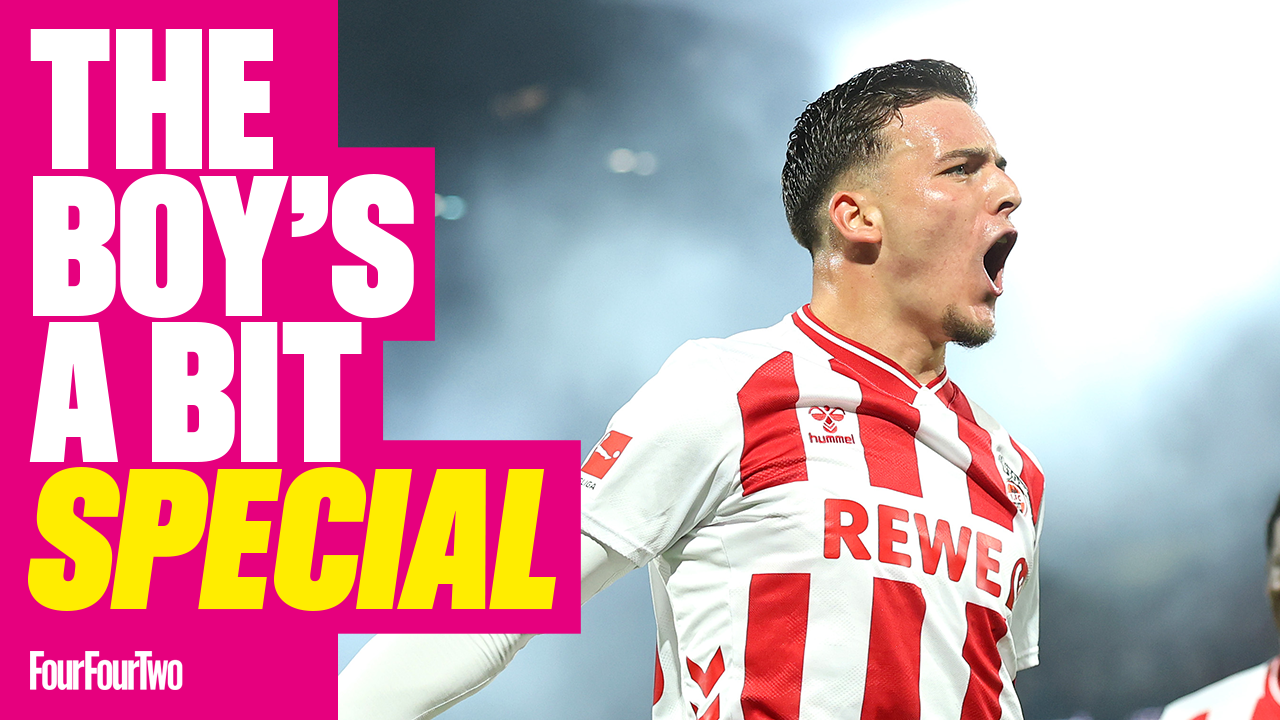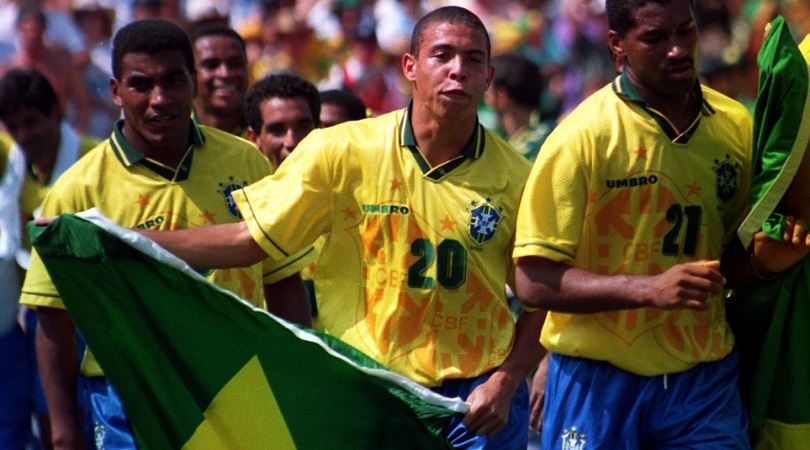
World Cup teenagers
When the 2018 World Cup got under way on June 14, seven of the 736 participants were teenagers: Morocco’s Achraf Hakimi, France’s Kylian Mbappe, England’s Trent Alexander-Arnold, Australia’s Daniel Arzani, Nigeria’s Francis Uzoho, Senegal’s Moussa Wague and Panama’s Jose Luis Rodriguez, all of whom were 19 on the opening day of the tournament.
In this slideshow, we look back at the youngest player from every World Cup since 1958 and detail what happened to them after their early exploits on the biggest stage of all…
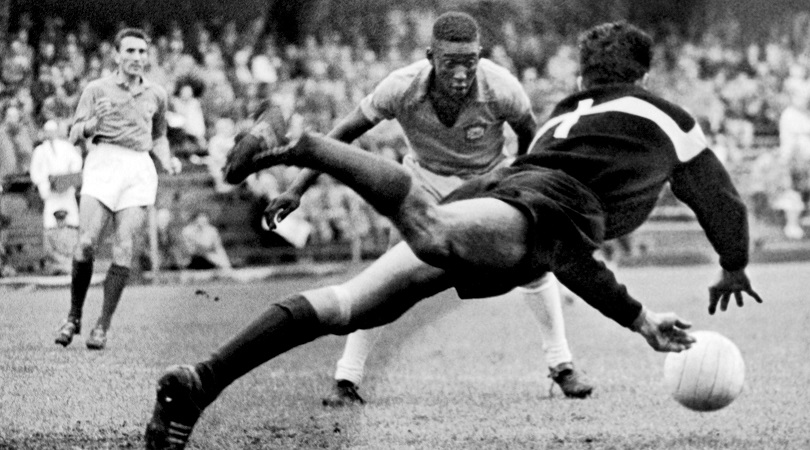
1958: Pele, Brazil (23/10/40)
Pele missed Brazil’s first two games in Sweden through injury, but once he’d recovered his team-mates demanded the 17-year-old start the next match. He didn’t disappoint, laying on Vava’s second goal against the Soviet Union as the Selecao reached the knockouts.
Provider turned scorer in the quarter-final against Wales, when Pele netted the winner, before helping himself to a semi-final hat-trick against France. The forward wasn’t done there, grabbing a brace in the final against the hosts, the first by outrageously flicking the ball over a defender before volleying into the corner of the net. Brazil would go on to win two of the next three World Cups, while Pele became one of the greatest players of all time.
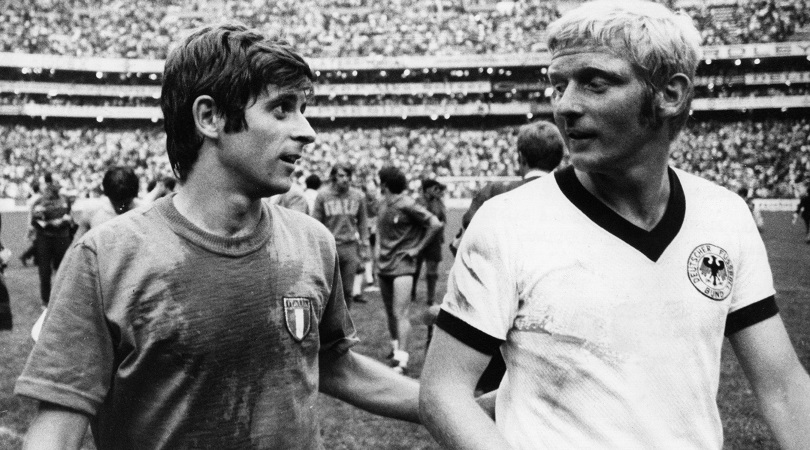
1962: Gianni Rivera, Italy (18/08/43)
Most golden boys lose their lustre along the way, but Rivera (pictured in 1970) remained Il Golden Boy for decades. It certainly helped that he represented Milan more than 650 times, won 60 international caps, was part of the team that triumphed at Euro ‘68 and scored the winner in the last four at the 1970 World Cup.
Even in 1962, the 18-year-old had a big name: he’d helped Italy to the Olympic semis in 1960 and Milan to the 1962 Serie A title. The following summer, he’d set up both goals in Milan’s European Cup final win. At Chile '62 he was restricted to one appearance – but bigger moments were on the way.
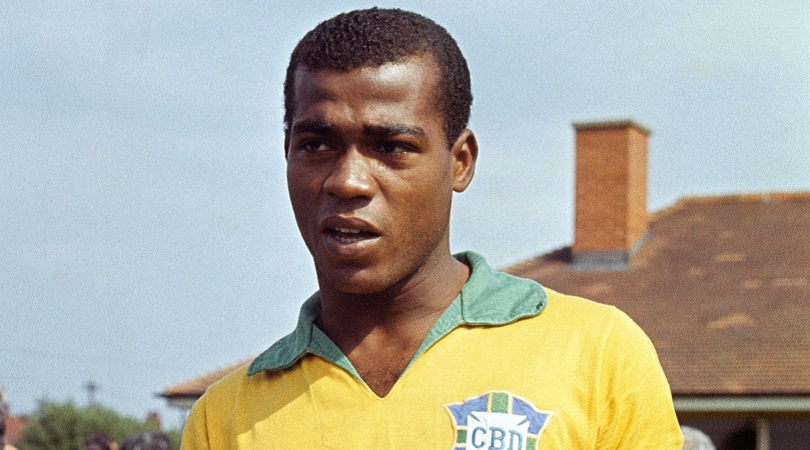
1966: Edu, Brazil (06/08/49)
Brazil’s taste for taking young strikers to World Cups isn’t just about Pele and Ronaldo. Aged 16 years and 339 days when the first whistle blew in 1966, Educ became and remains the youngest ever World Cup squad member.
A friend of Pele’s, the winger had impressed enough on his early outings for Santos to be taken to England. He didn’t get any time on the field as the holders were knocked out before the knockout phase, but he did play in the next two World Cups. Like his pal Pele, he spent most of his career at Santos but had a later spell with Tigres in Mexico.
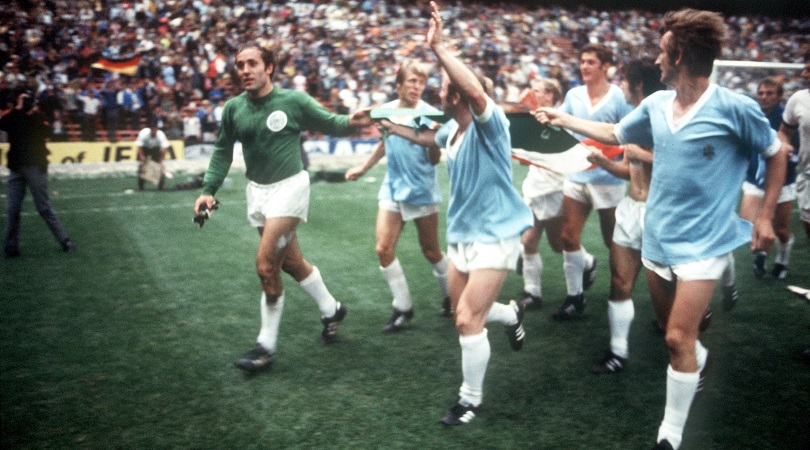
1970: Julio Losada, Uruguay (16/06/50)
One of eight Peñarol players in a squad which also contained eight Nacional men, Losada started two group games against Israel and Sweden… and never appeared for la Celeste again. Manager Juan Hohberg departed immediately after the World Cup, and successive replacements didn’t feel the need to call upon poor old Losada.
Diminutive but ferocious, the forward took the counterintuitive step of switching to Olympiacos in 1972. He became something of a club legend there, winning four league titles during his eight-year employment.
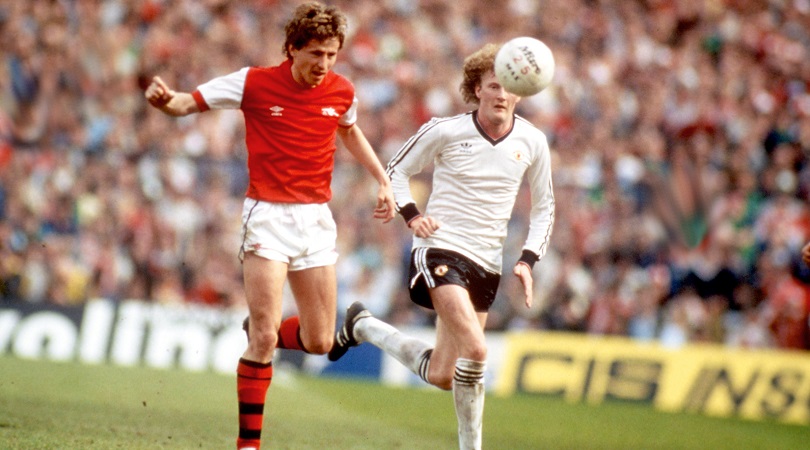
1974: Vladimir Petrovic, Yugoslavia (01/07/55)
Although Argentina '78 hero Mario Kempes took teenage tiptoes into World Cup action in West Germany, the even younger Petrovic was almost an old hand. He’d made his Red Star Belgrade debut at 16, and had already been in the national side for a year before a World Cup in which he played twice.
Affectionately known as the Pigeon, the slight ball-player won five league titles with Red Star before finally being allowed to leave in January 1983. He became Arsenal’s first big foreign signing and showed flashes of brilliance during his time in north London, but was soon sent over the Channel to Belgium and later played in France too.
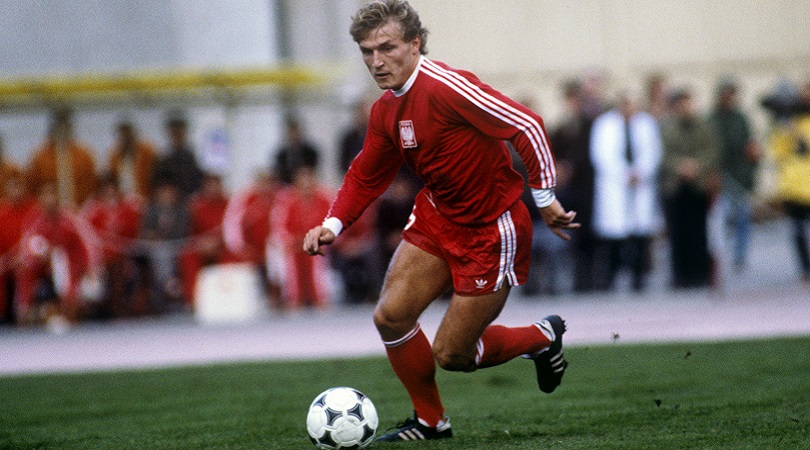
1978: Andrzej Iwan, Poland (10/11/59)
The teenage trio at Argentina '78 included Mexican legend-to-be Hugo Sanchez, but the youngest was a Wisla Krakow forward who only reached 5ft 9in even when he finished growing. Iwan’s six goals in his club’s 1977/78 title triumph was enough for instant elevation to the national squad, for whom he made his debut in the first-round win against Tunisia.
The Poles finished third in 1974 and 1982, but despite Zbigniew Boniek’s belief that "the Poland team of 1978 was the greatest Polish team of all time", they were squeezed out in the second group by Brazil and hosts Argentina. Iwan went on to win more domestic titles, as well as playing in Germany and Greece.
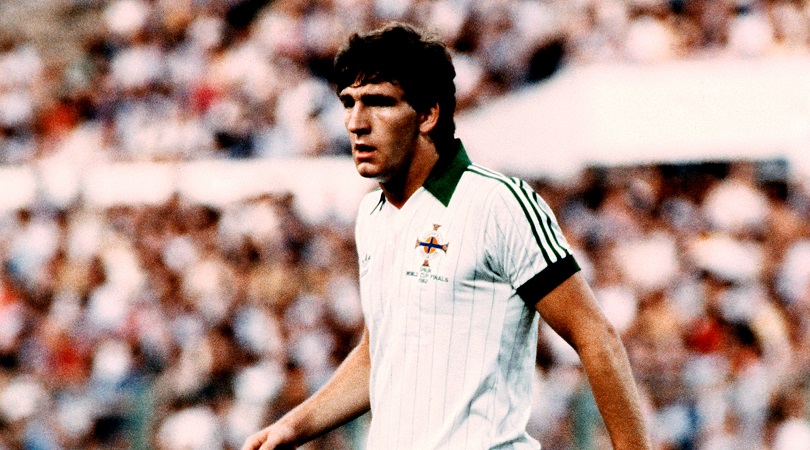
1982: Norman Whiteside, Northern Ireland (07/05/65)
Among the four other teenagers at Spain '82 was Giuseppe Bergomi, who went on to play 81 games for Italy and 756 for Inter. Sadly, the same longevity didn’t apply to Whiteside’s career, although he did become the World Cup’s youngest ever player in Spain, clocking in at 17 years and 41 days.
The midfielder had made his Manchester United debut at 16, and had only played twice when Billy Bingham named him in the World Cup squad. He scored in cup finals for the Red Devils and attracted a £1.5m bid from Milan, but chose to stay put; Whiteside then joined Everton in 1989, but was forced to call it a day at just 26 due to persistent Achilles and knee injuries.
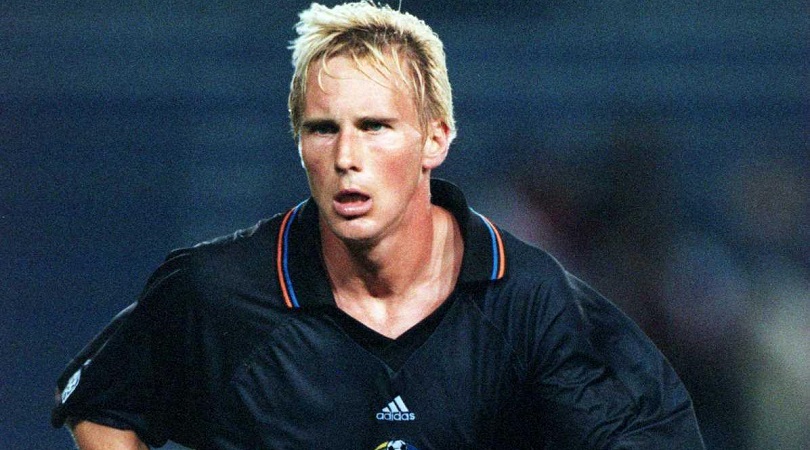
1990: Chris Henderson, USA (11/12/70)
If you take off the rose-tinted spectacles and disregard England’s run to the semi-finals, Italia '90 stank the place up: the lowest goals-per-game average, some defensive practices bordering on martial arts – and just two teenagers among the 352 protagonists. (Although, in fairness, that was two more than 1986.)
Henderson (pictured later in his career), who was slightly younger than Costa Rica’s Ronald Gonzalez, had seen plenty of game time in the run-up to Italia '90, but didn’t get a minute on the field as the United States lost all three group games. He remained on the roster for eight years, while his club career took him to Germany and Norway.
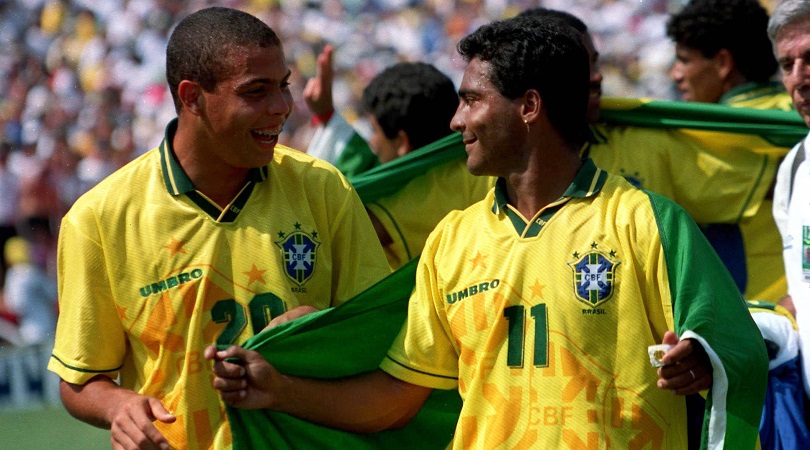
1994: Ronaldo, Brazil (22/09/76)
Gary Kelly, Sunday Oliseh, Rigobert Song and Marc-Vivien Foe were among the youngsters packing suitcases for USA '94, but the biggest buzz of all was for the young Brazil phenomenon then known, confusingly, as ‘Ronaldinho’, to distinguish him from squad-mate Ronaldo Rodrigues de Jesus.
It seems rather unnecessary to explain what happened next with Ronaldo, but he certainly reached the pinnacle of the game: guest-editing FourFourTwo on our 20th anniversary – in 2014, because we both came to the big stage in 1994. Oh, and he also scored some goals and won some trophies.
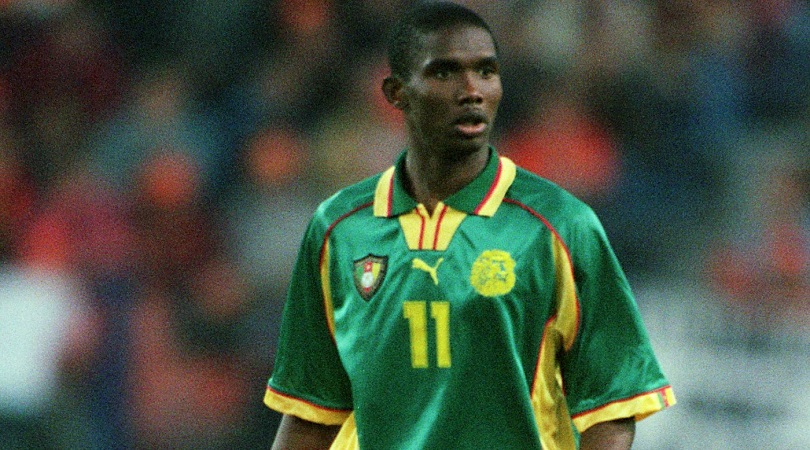
1998: Samuel Eto’o, Cameroon (10/03/81)
To many, France '98 means Michael Owen, but Eto’o was one of 16 teenagers at the tournament – including Rio Ferdinand, Ricardo Gardner, Celestine Babayaro and Shinji Ono. Cameroon alone had six, of which the youngest was a future four-time African Player of the Year.
Eto’o, who had made his Cameroon debut at the age of 15 (and 364 days), appeared in defeat to Italy as the Indomitable Lions crashed out in the group. But he would help them win the 2000 Olympics and Africa Cup of Nations in both 2000 and 2002, also appearing at three more World Cups and becoming Cameroon’s all-time top scorer – not to mention considerable success at club level.
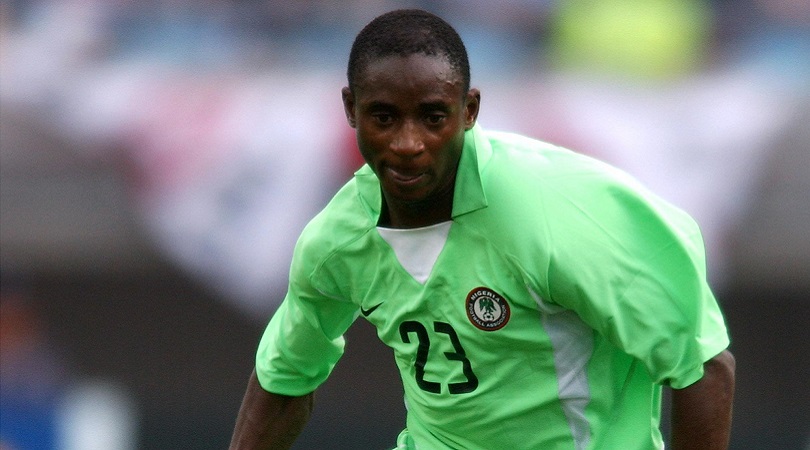
2002: Femi Opabunmi, Nigeria (03/03/85)
A youthful Nigeria squad including no fewer than four teenagers went to South Korea and Japan, although this rejuvenation was accelerated by the dropping of some senior players after a row over bonuses. The youngest of them all, Opabunmi, had bagged the Silver Shoe as Nigeria reached the final of the 2001 U17 World Cup.
In 2002’s group of death, the senior side were narrowly beaten by Argentina and Sweden. Manager Festus Onigbinde gave the youngster a World Cup bow against England, making him the third-youngest ever to play at a World Cup. But Opabunmi never played for Nigeria again, forced to hang up his boots at 21 after glaucoma left him blind in one eye.
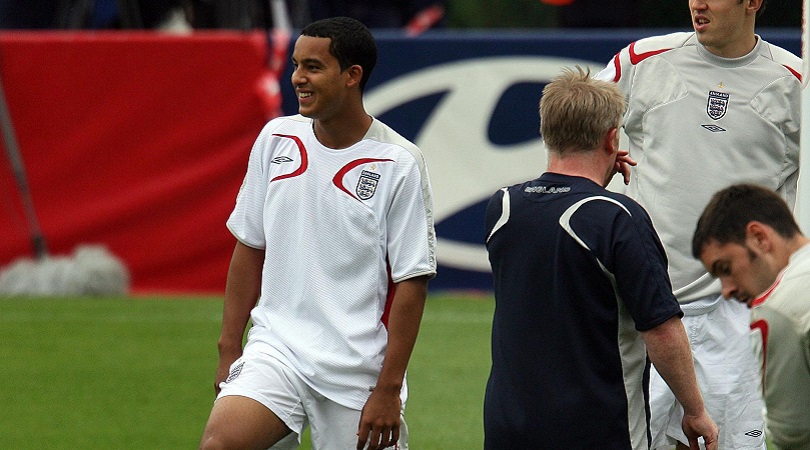
2006: Theo Walcott, England (16/03/89)
The 2006 World Cup squads included an unusually large cohort of 13 teenagers, including Leo Messi, Cesc Fabregas, Ryan Babel and Aaron Lennon – but Theo Walcott was the most junior of them all. The forward hadn’t made a single appearance for Arsenal when the normally-conservative Sven-Goran Eriksson sprung a major surprise by taking the 17-year-old to the World Cup, leaving an suitably miffed Jermain Defoe at home.
He didn’t play a competitive minute for England until September 2008 against Andorra; four days later, he scored a sensational hat-trick in Croatia, but didn’t bag again until his 26th cap almost four years on. He hasn’t played for England since November 2016 and was barely even mentioned as a candidate for this summer’s squad.
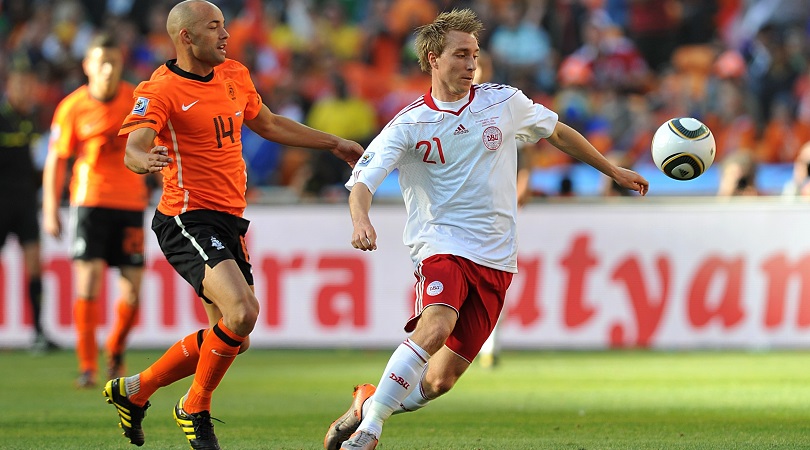
2010: Christian Eriksen, Denmark (14/02/92)
The playmaker from Middelfart had already gained one-to-watch status before South Africa 2010; graduation from the Ajax academy, scoring in the Dutch Cup and becoming the fourth-youngest Denmark international of all time. At the World Cup, Eriksen featured as a substitute against Holland and Japan but the Danes crashed out.
Eriksen continued to improve at Ajax, moving Johan Cruyff to gush that “he’s a player I really like with all my heart” and paving the way for a move to the Premier League. Tottenham paid £11m for his services in summer 2013, and Eriksen has continued to progress ever since, becoming one of Spurs’ key men under Mauricio Pochettino.
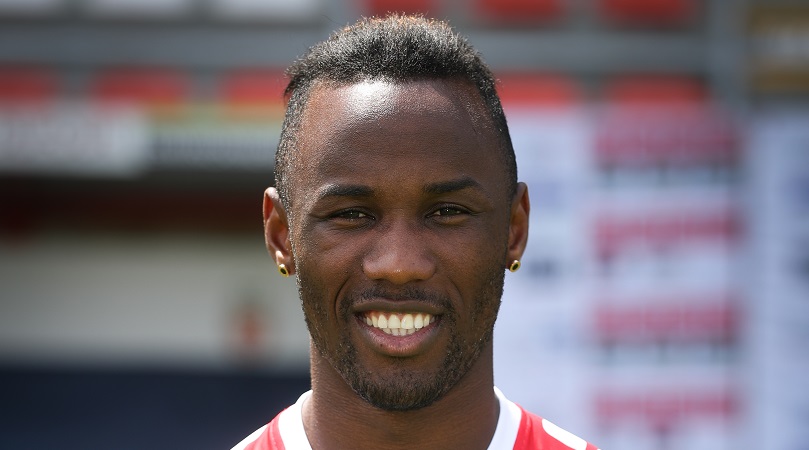
2014: Fabrice Olinga, Cameroon (12/05/96)
Born on May 12 1996, when his 2014 squad captain Samuel Eto’o was already 15, Olinga (pictured in 2017) was used to catching the eye early: he had become La Liga’s youngest-ever scorer at 16, for Manuel Pellegrini’s Malaga.
After the 2014 World Cup, which he watched from the bench, he was shunted to Romanians Viitorul Constanta, while Eto’o complained that Sampdoria had reneged on a pledge to sign the kid. Instead, Olinga went back to Belgium with Royal Mouscron-Peruwelz, where last September he finally scored his second professional goal… at the age of 21.
Greg Lea is a freelance football journalist who's filled in wherever FourFourTwo needs him since 2014. He became a Crystal Palace fan after watching a 1-0 loss to Port Vale in 1998, and once got on the scoresheet in a primary school game against Wilfried Zaha's Whitehorse Manor (an own goal in an 8-0 defeat).
 Join The Club
Join The Club











